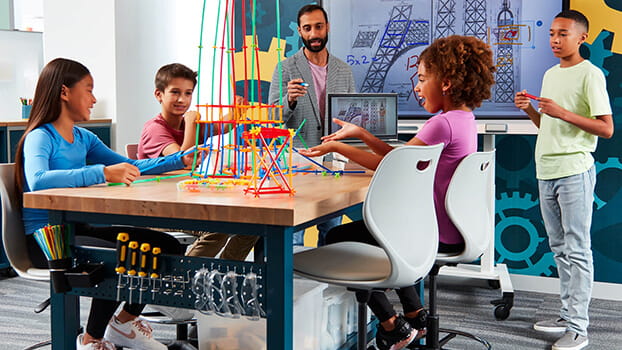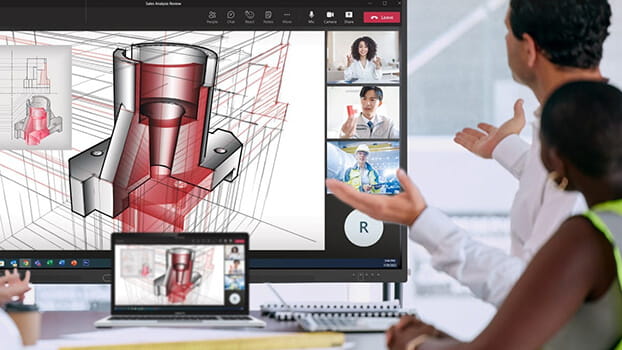As we wave farewell to 2023, we’re looking ahead to EdTech trends in 2024 with optimism for education as a whole.
Moving away from the pandemic, educators still grapple with learning loss and academic disparities and inequities.
In 2023, a new popular kid in town, better known as AI, dominated headlines and prompted debates around how students could abuse–and should use–the generative tool for learning.
The future of education is changing, and global workforce demands will be influenced by the need for knowledge and skills in fast-growing technologies such as AI. This begs the question: What’s next for education?
eSchool news asked edtech executives, stakeholders, and experts to share some of their thoughts and predictions about where they think edtech is headed in 2024. Here’s what SMART Technologies Global Education Strategist, Kris Astle, had to say:
“The integration of AI in education has the potential to revolutionize the way students learn, especially for non-traditional learners. AI can deliver content to students in a manner that supports each student’s unique learning styles and preferences. This customized approach helps all students practice and learn new concepts in a way that works for them.
“Additionally, AI can shorten the feedback loop on student work, allowing students to quickly identify any misunderstandings they may have. This helps build strong retrieval pathways and helps students more efficiently master concepts and skills. Immediate feedback also helps students develop self-efficacy. Knowing the results of their efforts shortly after completing an assignment lets students know both when they have mastered a concept and where they need to do additional work.
“Another advantage of AI is the time it can save teachers in the creation of personalized learning experiences. By leveraging AI technologies, educators can overcome the limitations of time and resources, offering a level of personalization that enhances the learning experience for each individual student. This approach acknowledges and accommodates the unique needs, strengths, and learning styles of learners.”
Discover more insights and predictions on eSchool News:


